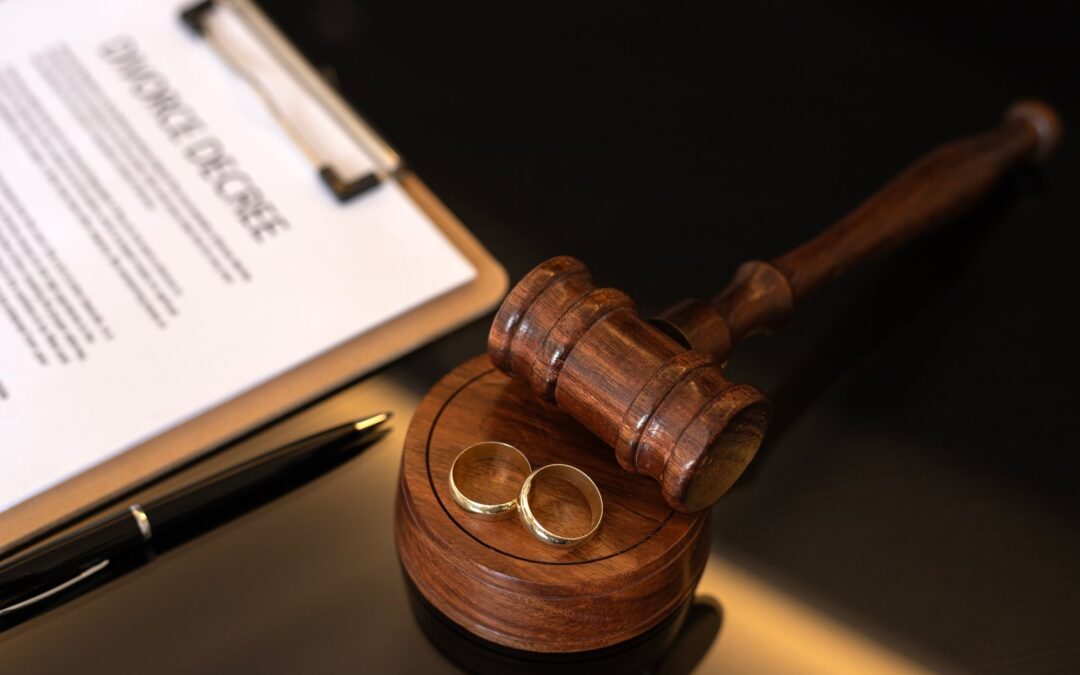During or after a divorce, a judge may issue various court orders to one or both parties. These orders may deal with custody, parenting time, child support, spousal support, and distribution of marital assets. The divorce decree itself also constitutes a legally enforceable court order. If one party fails to meet his/her obligations required by any court order, one consequence may be for a judge to hold the person in contempt. However, this option is not available in every case.
In many post-divorce disputes where one side is not complying with the divorce decree, the solution is to file a post-judgment enforcement action. However, a motion for contempt requires an additional showing. It is only available when a party can show:
- The existence of a court order requiring compliance by the accused party
- The accused party knew of the order
- The accused party willfully violated the order
- There was prejudice to the beneficiary of the order
Typically, the court will require some showing that the accused party intentionally violated the order and without a good reason. The accused’s actions must have been calculated to impede the rights of the beneficiary of the order. The burden of proof to establish this is on the party filing the motion for contempt.
If the judge does grant the motion for contempt, he/she can order the accused to pay a fine and/or pay the other party’s attorney’s fees to bring and argue the motion. In addition, the accused can be sent to jail.
Notably, a motion for contempt can be filed against anyone who violates or interferes with a court order. As a result, if an attorney or nonparty to the divorce assisted in violating the court order, he/she can also be held in contempt.
Being held in contempt is a serious consequence. It is meant to be a punishment for willful noncompliance. However, it is also an incentive to settle disputes before they reach this level. If a party has a reason for failing to comply with a court order, he/she should contact an attorney about filing an action for post-judgment modification or seeking to renegotiate with the other party.
Enforcement of court orders are difficult situations and good legal representation is essential. An experienced family law attorney can help the person recover what’s owed to him/her or advise the party who is not in compliance about his/her options. Contact us for assistance with your matter.

